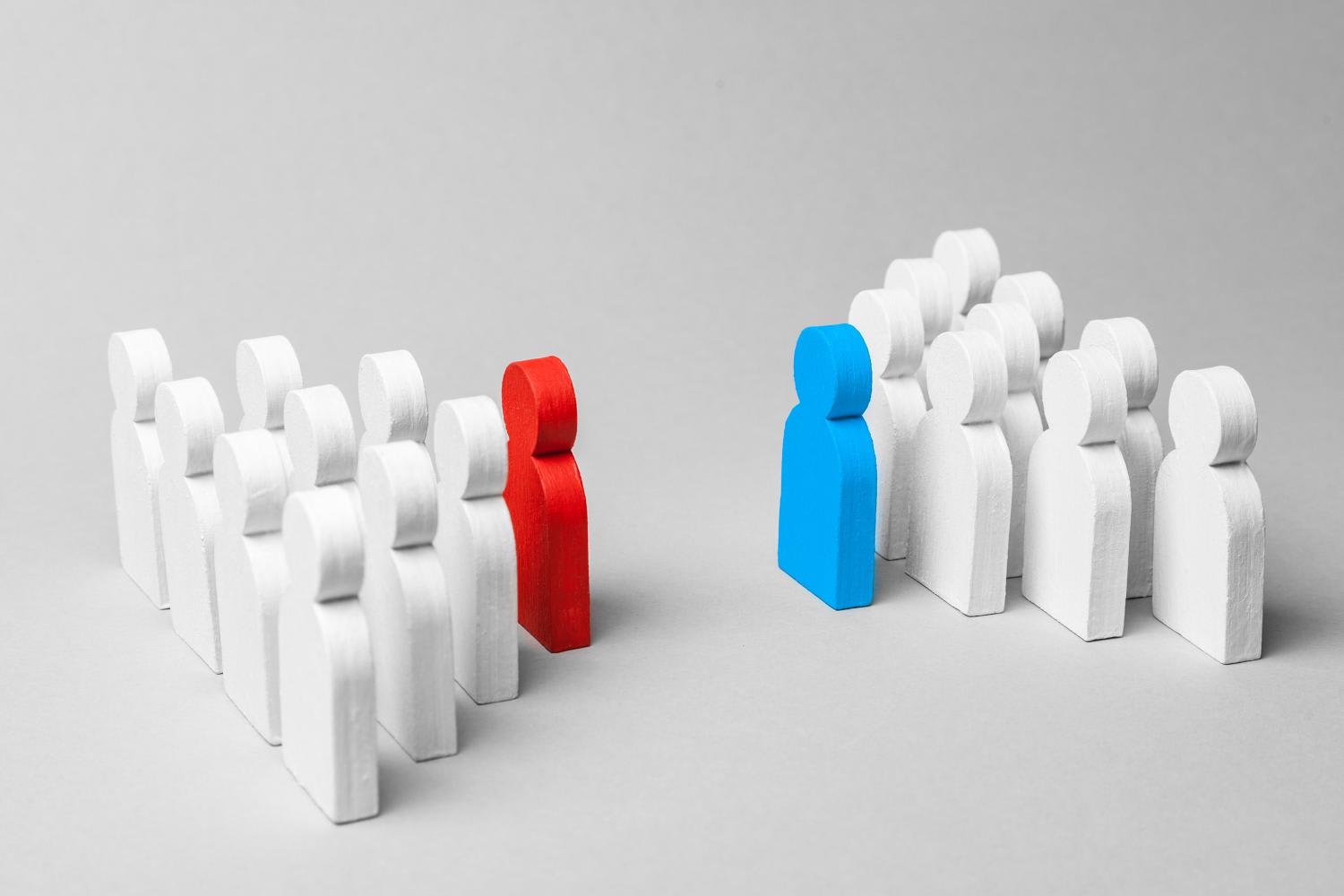Commentary: Does too much competition hurt cooperation? How S'pore can find the right balance

As Singapore strives to be a competitive nation, competition permeates workplaces, schools and every aspect of life, says the author.
Over half (55 per cent) of workers in Singapore lack trusted relationships in the workplace, making them far more likely to report feelings of isolation than those with such relationships, reported health tech provider Telus Health in its Mental Health Index last month. Observers pointed to a competitive work environment as a contributor to isolation and burnout.
As Singapore strives to be a competitive nation, competition permeates workplaces, schools and every aspect of life. At the same time, we seek to build a more inclusive, caring and compassionate society, a vision that resonates strongly among Singaporeans, as revealed in last year’s Forward Singapore exercise.
Are these two objectives in tension, perhaps even inconsistent? Or can they be somehow reconciled?
These are questions particularly pertinent to young Singaporeans as they seek success and fulfilment in a fast-changing society.
Is excessive competition impairing cooperation, making us collectively worse off? Or conversely, will a lack of competition blunt the drive for excellence and hinder progress?
Rather than view competition and collaboration as two ends of a continuum along which we must find an elusive equilibrium, it may be more useful to think about when competition is desirable and when it is more likely to be debilitating. This depends on the type and context of competition — specifically, whether competition enlarges or shrinks the collective pie.
COMPETITION AT SCHOOL
The competitiveness of Singapore’s school system has driven our students to excel academically, outperforming their peers in other countries.
At the same time, there is increasing recognition that an overly competitive, exam-focused system may take a toll on students’ mental health and self-confidence, and may even undermine the love for learning. The Ministry of Education has in recent years underscored that learning is “not a competition” — it should be about personal growth rather than relative positioning. Hence, the PSLE aggregate score has been replaced by broader achievements “bands”, while mid-year examinations have been scrapped at all primary and secondary levels.
However, exams remain relevant both as a yardstick of progress as well as an objective means of allocating students to schools and courses. Some element of competition is unavoidable because of limited places in popular courses and institutions.
Ideally, motivation to learn and improve should come from within, but it often takes a dose of extrinsic motivation to get students to apply themselves to the task.

Competition is valuable when it spurs us to improve ourselves, but not when it is socially wasteful. For instance, a higher education “arms race” benefits no one if people chase qualifications not for better skills and knowledge but merely for prestige or to signal their ability to prospective employers.
COMPETITION AT WORK AND IN SOCIETY
Likewise, there is a need for an appropriate blend of competition and cooperation in the workplace.
Employees vying for promotion and performance incentives are encouraged to give their best at work. However, competition taken too far undermines cooperation, which is necessary for the success of any department or organisation.
While organisational culture and needs inform the intensity of competition among employees, good leadership can strengthen teamwork and collaboration so that a team is greater than the sum of its parts.
Wherever possible, we should seek win-win outcomes rather than zero-sum competition.
Singapore’s tripartite collaboration among unions, employers and government is a case in point. Rather than just contend over the division of the pie, unions and employers work together to grow the pie through training and productivity efforts.
Sharing of gains and pain between workers and management during good times and bad helps to strengthen trust.
There are instances, of course, where competition is the point in itself. Sports is one example of zero-sum competition that propels athletes to excel and generates thrills and spills for spectators. Still, sportsmanship is important, and players and supporters on both winning and losing sides can take satisfaction from a fairly contested, well-fought match.
In politics, competition among political parties can improve government responsiveness and accountability to the public, but excessive partisanship can divide societies and render them dysfunctional.
Respectful, constructive political competition — in short supply across the world today — is much needed for the future of governance in democratic states.
COMPETITION AMONG FIRMS
For a strong economy, competition among firms is a must for both efficiency and growth. A tenet of classical economics is that market competition, under the right circumstances, results in an efficient allocation of resources across society.
The gains from competition are not limited to efficiency in the static sense; over time, competition can also spur innovation and progress.
Firms may develop better products or services to steal a march on the competition, while scientific and technological rivalry could generate breakthroughs and innovations.
Antitrust or competition laws are therefore critical to prevent firms from using market power to stifle competition or undermine the public interest.
However, competition may sometimes work against the interest of consumers. For instance, competitive bidding among local telcos for English Premier League broadcast rights led to higher costs for consumers, prompting the authorities to introduce the Cross-Carriage Measure in the pay TV market in 2011.

There are also clear benefits from cooperation among firms. For instance, firms may collaborate on training to build up skilled manpower for their industry. Shared facilities and resources can lower costs and improve productivity.
The government has also encouraged Singapore companies to “hunt as a pack” to seize market opportunities abroad.
COMPETITION AMONG NATIONS
Beyond Singapore, there are strong indications that unbridled competition between nations states subtracts much more than it adds.
Geopolitical rivalry is stoking tensions and undermining cooperation on common challenges such as climate change, transnational crime and disinformation. Trade restrictions, economic “decoupling” and technology bifurcation are already duplicating supply chains and shrinking the collective pie.
Around 3,000 trade-restrictive measures were imposed around the world last year, nearly three times that in 2019. A report by the International Monetary Fund suggests that global economic fragmentation could cost the global economy up to 7 per cent of gross domestic product.
Without effective international institutions to set limits on nation-states, perhaps other countervailing forces are needed — whether influential multinational corporations, global causes such as the climate agenda or other allegiances that can unite people across borders and temper the increasingly zero-sum competition among nations.
RECALIBRATION NEEDED
A thoughtful recalibration of competition and collaboration is needed across the domains of school, work, industry and politics.
Some forms of competition, such as those leading to greater effort and innovation, are clearly more beneficial to society than other forms. Competition should be recognised and even encouraged for the value it can bring — but where it becomes excessive or dysfunctional, it should be dialled back with appropriate laws, norms and nudges.
Within the community of nations, there is an urgent need for new models and mechanisms of cooperation. It will take leadership, innovation, and concrete trust-building measures to turn states from the path of debilitating rivalry towards peaceful coexistence and shared progress.
ABOUT THE AUTHOR:
Terence Ho is an associate professor in practice at the Lee Kuan Yew School of Public Policy and the author of Governing Well: Reflections on Singapore and Beyond.







